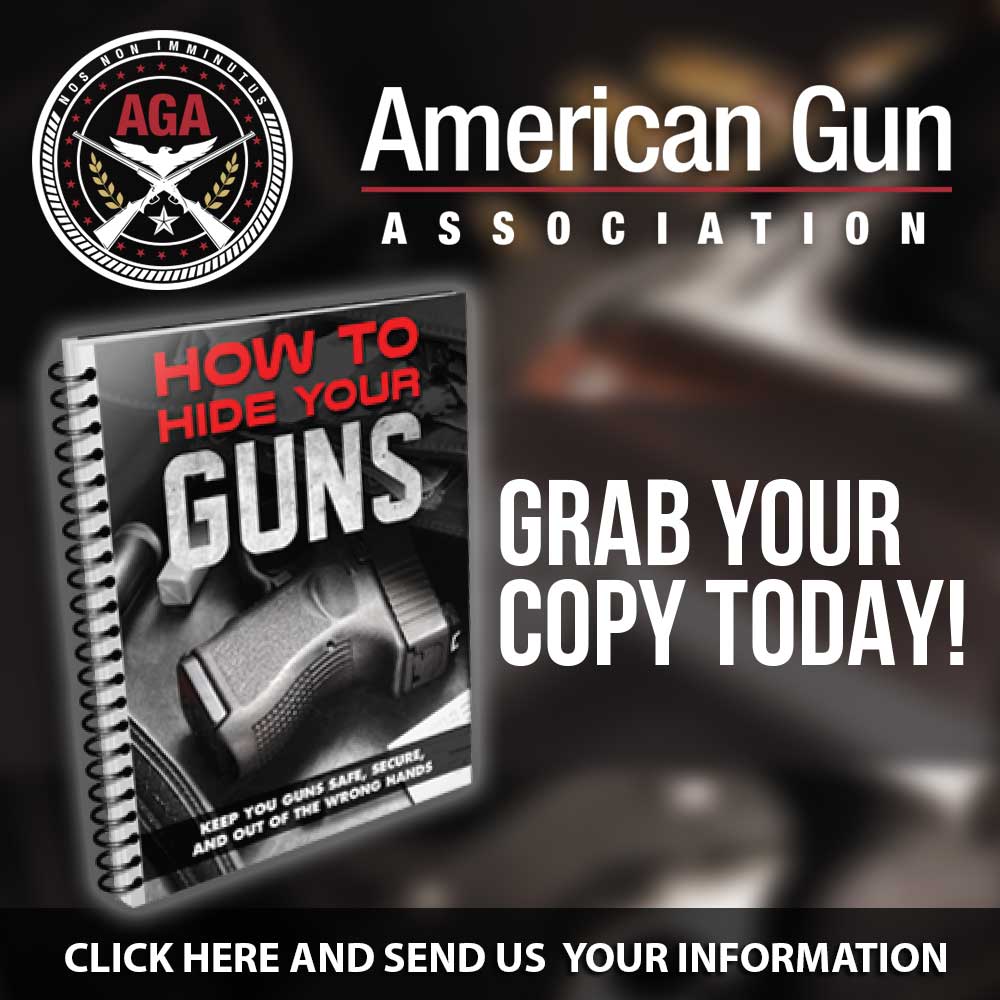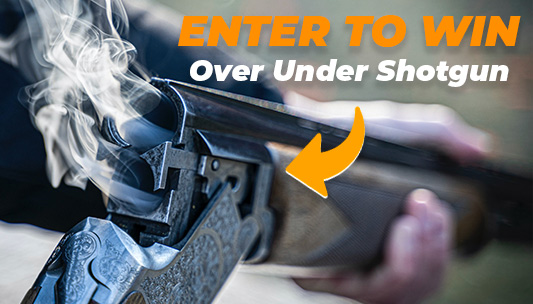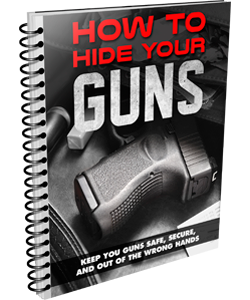9mm vs 40 Caliber. When it comes to handguns, there are various calibers to choose from, each with its own characteristics and advantages.
Two popular choices among firearm enthusiasts are the 9mm and .40 caliber. These calibers have gained widespread usage in law enforcement agencies, self-defense scenarios, and competitive shooting sports.
This article will explore the similarities and differences between these calibers, exploring their ballistic performance, recoil, capacity, and suitability for different purposes.
Understanding 9mm vs 40 Caliber
The 9mm, also known as 9x19mm Parabellum, is among the most popular handgun calibers worldwide. It balances recoil, stopping power, and magazine capacity well.
The 9mm round typically has a bullet diameter of 9.01mm and comes in various bullet weights, ranging from 115 grains to 147 grains.
The .40 Caliber, also known as .40 S&W (Smith & Wesson), was developed as a law enforcement cartridge in the 1990s.
It offers increased stopping power compared to the 9mm while maintaining manageable recoil. The .40 caliber round typically has a bullet diameter of 10.17mm and is commonly available in bullet weights ranging from 155 grains to 180 grains.

Ballistics and Stopping Power
One significant consideration when comparing calibres is their ballistics and stopping power. While the 9mm and .40 Caliber are effective for self-defense, some differences exist.
The .40 Caliber delivers more energy upon impact due to its larger bullet diameter and heavier weight.
This can result in deeper penetration and potentially more significant tissue damage. However, advancements in ammunition technology have made modern 9mm rounds highly effective, with reliable expansion and sufficient stopping power.
Recoil and Control
Recoil is a crucial factor to consider, especially for shooters who prioritize control and accuracy. Generally, the 9mm has less felt recoil than the .40 Caliber.
The lighter recoil of the 9mm allows for quicker follow-up shots and better control, particularly for shooters with less experience or more diminutive stature.
On the other hand, the .40 Caliber generates more recoil, which can require additional practice to master.
Magazine Capacity
Magazine capacity is another aspect to consider when choosing a calibre. Due to its smaller size, the 9mm generally has a higher magazine capacity than the .40 Caliber.
A higher capacity magazine can be advantageous when multiple rounds may be required or for individuals who prefer a greater ammunition reserve without reloading.
Ammunition Availability and Cost
The availability and cost of ammunition are practical considerations for firearm owners. The 9mm has a significant advantage in this area, as it is one of the market's most widely available and affordable handgun calibres.
Its popularity ensures various ammunition options, including multiple bullet types and weights.
While the .40 Caliber is also readily available, it may be slightly less abundant and more expensive than the 9mm.
Suitability for Self-Defense
The 9mm and .40 Caliber are suitable for self-defense purposes—the choice between two individual preferences: comfort and shooting ability.
The 9 mm lighter recoil, higher magazine capacity, and cost-effective ammunition make it popular for many self-defense situations.
The .40 Caliber's increased stopping power may be preferred by those who prioritize maximum effectiveness and are comfortable managing its additional recoil.
Law Enforcement and Military Considerations
Law enforcement agencies and military organizations often have specific requirements when selecting a caliber for their duty weapons.
While the 9mm has gained popularity among many law enforcement agencies due to its capacity, controllability, and ammunition advancements, some agencies still prefer the .40 Caliber for its perceived stopping power.
It's important to note that individual agency policies and requirements may vary, and factors such as terminal ballistics, penetration, and barrier performance are also considered.
Personal Preference and Comfort
Personal preference and comfort should not be overlooked when choosing a caliber. Finding a caliber that feels comfortable to shoot and allows for confident and accurate shooting is crucial.
Some shooters may find the 9mm more manageable and enjoyable, while others may prefer the slightly more substantial feel of the .40 Caliber.
Ultimately, the best Caliber for you is the one that you can shoot accurately, comfortably, and confidently.
Comparison with Other Common Calibers
The 9mm and .40 Caliber, other handgun calibres are worth considering. Calibres such as.45 ACP, .380 ACP, and 10mm Auto offer their unique characteristics regarding ballistics, recoil, magazine capacity, and availability.
It's essential to research and understands the specific attributes of each Caliber to determine which one aligns with your needs and preferences.
9mm vs 40 Caliber Handguns – Differences
Dimensions and Bullet Diameter
The main dissimilarities between 9mm and .40 caliber handguns lie in their dimensions, specifically their bullet diameter. Understanding these differences is crucial in evaluating their performance.

- 9mm: Also known as 9x19mm Parabellum or 9mm Luger, the 9mm cartridge has a bullet diameter of 9mm (0.355 inches).
- .40 Caliber: Referred to as .40 S&W (Smith & Wesson), the .40 caliber cartridge has a slightly larger bullet diameter of 10mm (0.40 inches).
Ballistic Performance
The 9mm and .40 caliber cartridges possess distinctive characteristics in terms of their ballistic performance. These differences impact their effectiveness in various scenarios.

- 9mm: The 9mm is recognized for its relatively high velocity and lower recoil than the .40 caliber. It fires lighter bullets faster, resulting in flatter trajectories and reduced felt recoil.
- .40 Caliber: The .40 caliber typically fires heavier bullets at slightly lower velocities, balancing stopping power and manageable recoil.
Recoil
Recoil, the backward movement of the firearm when fired, plays a significant role in comparing these calibers. Recoil affects control, accuracy, and the ability to engage multiple targets rapidly.

- 9mm: Due to its lighter bullet weight and higher velocity, the 9mm generally exhibits less felt recoil. This allows for quicker follow-up shots and enhanced control.
- .40 Caliber: The .40 caliber usually has a sharper and more noticeable recoil, which can impact accuracy and the shooter's ability to engage multiple targets rapidly.
Magazine Capacity
Magazine capacity is another significant distinction between these calibers. Generally, 9mm firearms have higher magazine capacities than .40 caliber firearms.

- The smaller size of the 9mm cartridge enables more rounds to be loaded into a magazine, providing a higher ammunition capacity. This can be advantageous in situations that require a larger number of rounds before reloading, such as self-defense or competitive shooting.
Suitability for Self-Defense
Both the 9mm and .40 caliber have their proponents when considering self-defense purposes. Various factors influence their suitability for this specific use.

- 9mm: The 9mm is often favored for its higher magazine capacity, lower recoil, and the availability of a wide range of ammunition options, including hollow points designed for self-defense. It is also considered more cost-effective, allowing for more practice and training.
- .40 Caliber: The .40 caliber is appreciated for its heavier bullets and perceived stopping power. This makes it a preferred choice for law enforcement agencies and individuals prioritizing penetration and terminal performance.
Individual Preferences and Considerations
Choosing between 9mm and .40 caliber handguns ultimately depends on individual preferences, shooting skills, intended use, and the specific characteristics that matter most to the shooter.
It is essential to carefully evaluate these factors before making a decision.
Evaluating Ballistic Performance: 9mm vs 40 Caliber
The debate surrounding the ballistic performance of 9mm and .40 caliber ammunition continues among firearms enthusiasts, law enforcement agencies, and experts.
Several factors must be considered to assess their ballistic capabilities, including bullet velocity, energy, penetration, and terminal ballistics.
Bullet Velocity and Trajectory
One crucial distinction between the 9mm and .40 caliber cartridges lies in their velocity characteristics. Generally, the 9mm achieves higher muzzle velocities than the .40 caliber.
This can be attributed to the lighter weight of 9mm bullets and the typically larger powder charges used in 9mm ammunition.
Higher velocity contributes to a flatter trajectory, enhancing accuracy and mitigating bullet drop over longer distances.
Moreover, the increased velocity can improve the 9mm's ability to expand hollow point bullets upon impact, resulting in more effective terminal ballistics.
On the other hand, while the 9mm boasts higher muzzle velocities, the .40 caliber often utilizes heavier bullets. The added weight enhances penetration and potential energy transfer upon impact.
Additionally, the larger bullet diameter of the .40 caliber creates a wider wound channel, potentially increasing the chances of incapacitation.
Muzzle Energy and Stopping Power
Muzzle energy, which reflects the projectile's potential to inflict damage, is another critical consideration. Generally, the .40 caliber offers higher muzzle energy than the 9mm.
This stems from the combination of heavier bullets and good velocities associated with the .40 caliber. The increased energy transfer to the target can prove advantageous when stopping power is of primary concern.
Penetration
Penetration is a vital aspect of ballistic performance. While lighter and faster 9mm bullets may not penetrate as deeply as the heavier .40 caliber bullets, they still achieve adequate penetration within the optimal range for self-defense scenarios.
It's important to note that bullet design, construction, and barrier penetration can significantly influence real-world performance, necessitating careful consideration when selecting ammunition.
Terminal Ballistics
Terminal ballistics, which refers to a bullet's behavior upon impact and its effectiveness in incapacitating a threat, must be examined. The 9mm and .40 caliber have demonstrated effectiveness in real-world self-defense encounters.
The 9mm's higher velocity contributes to reliable bullet expansion, creating larger wound cavities and facilitating rapid incapacitation.
Similarly, the .40 caliber's larger diameter and moderate velocities result in significant tissue damage and potentially increased stopping power.
Advancements in bullet technology have narrowed the performance gap between the 9mm and .40 caliber.
Modern ammunition offerings, including expanding hollow points and bonded bullets, have further improved terminal performance for both calibers.
Considering Factors and Making Informed Choices
Determining which caliber exhibits superior ballistic performance, whether the 9mm or .40 caliber, depends on a combination of factors.
These factors include specific ammunition loadings, bullet designs, individual shooting skills, and intended purposes.
It's important to remember that personal preference, recoil management, and shot placement also play significant roles in determining effectiveness.
Conducting thorough research, considering practical experiences, and, if possible, performing personal testing can aid in determining the most suitable caliber for your specific needs and requirements.
Selecting between the 9mm and .40 caliber necessitates careful consideration of various factors, such as ballistics, recoil, magazine capacity, ammunition availability, and personal preferences. Both calibers have demonstrated their effectiveness in self-defense and law enforcement applications, each with advantages and considerations.
Ultimately, the optimal choice for an individual depends on factors like shooting ability, comfort, and the intended use of the firearm. It's recommended to try out different calibers and seek professional guidance to make an informed decision that aligns with your requirements.

Related Posts:
- Top 9mm Pistols: Unleashing Superior Performance
- Top 5 Affordable 9mm Firearms
- Compact 9mm Revolvers: Firepower
Follow us on Facebook, Instagram, Twitter, and Pinterest!
Disclaimer: All content on this site is for informational purposes only. Please read our full disclaimer here.




